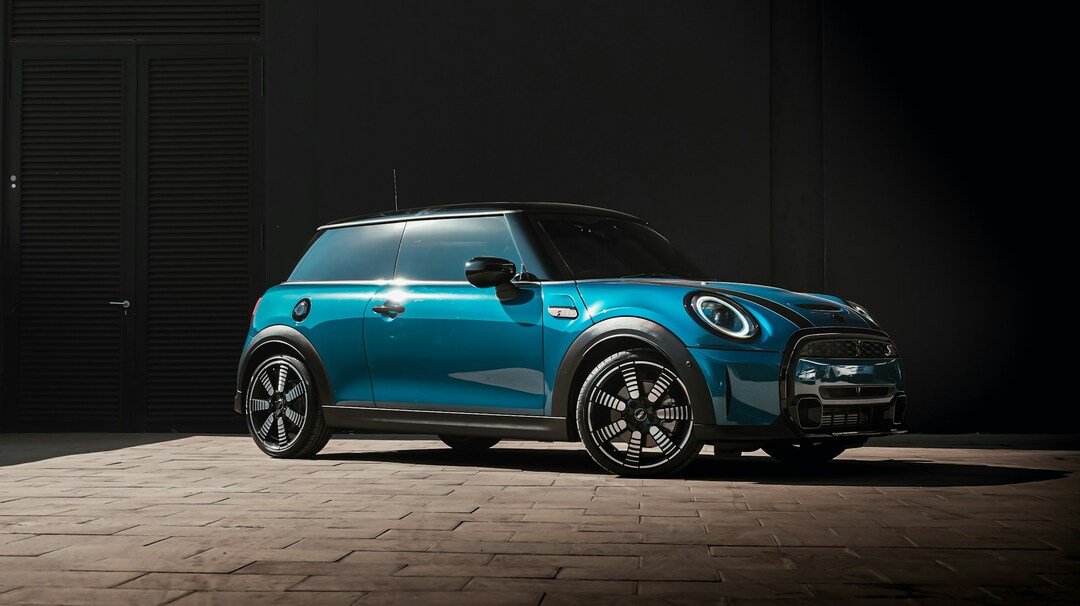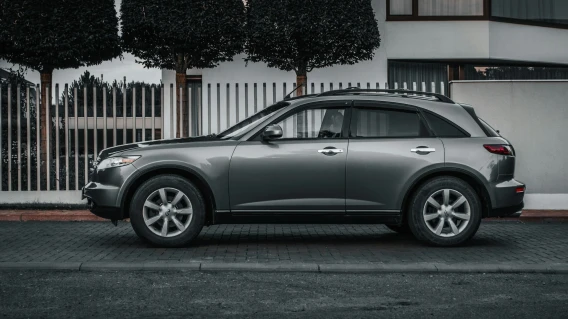Have you ever heard someone say how much fun they’re having searching for a new car?
Probably not, because very few people enjoy the process of comparing cars. It takes a lot of time, energy, emails, and phone calls before you can drive home your new car. Many people are scared of getting a clunker or paying too much at the dealership, so they rely on research to provide a little assurance.
Before you can even get to the point of signing a purchase agreement at a dealership, however, you’ll have to decide which car you want to purchase. You’ll also have to decide how much you care about gas mileage, consumer ratings, mileage, and a host of other metrics that can affect the value of your vehicle.
In the article below, you’ll be able to find a list of the most important metrics to consider when you compare cars. While you might not have a lot of fun searching for your next car, you can at least use these metrics to be confident that you’re making the right choice.
Check the Odometer Readings
Cars last a whole lot longer than they used to, but that doesn’t mean you should look for a high mileage car just to save money. Cars that have over 100,000 miles on them can work just fine, but you should do everything you can to make sure the previous owners have kept up with regular maintenance. If the previous owner neglected maintenance, you may have to pay for expensive maintenance issues such as a new timing belt, new fluids, new tires, and more.
Another thing to watch out for is cars that have had their odometers rolled back. This sneaky practice is sometimes used to make cars appear as though they have fewer miles on them than they do. When you’re going through the process of car buying, a quick VIN check can help you determine whether or not the car’s odometer reading is accurate.
Compare Cars Based on Fuel Economy
The United States Department of Energy has a useful website that shows which cars have the best fuel economy. Whether you’re looking for electric vehicles, hybrids, or a gas-powered car, this chart can help you make a decision. If you are looking at electric vehicles, remember that electricity does have a cost associated with it just like gasoline, although it’s considerably less expensive than gas.
Fuel economy is an important factor in car comparisons because it will affect how much extra money you end up paying to drive your car daily. You might have a higher car purchase price with an electric vehicle, but you may end up paying less in the long run than you would if you went with a gas-powered vehicle.
Compare Vehicles Based on Reliability

Buying a used car should be a long-term investment. If you’re taking out a loan to buy the car, you’ll need the car to last at least until the loan is paid off and preferably longer. That’s why reliability is such an important factor to consider when you’re trying to find the best deal for buying cars or trucks.
In general, Toyotas and Hyundais are the most reliable vehicles on the market. Some people may be willing to sacrifice reliability for better looks, a bigger engine, or an older model.
When you’re doing car price comparisons, just be sure to factor in the potential service issues when budgeting for your overall vehicle cost. It may also be worth looking into warranties for your car so you don’t have to pay for expensive repairs if issues do pop up.
Check Vehicle Safety Ratings
Nobody wants to think about getting in an auto accident, but a safer car could be the difference between an inconvenience and a serious injury. Luckily, it’s easy to check the safety rating of any vehicle you’re thinking about buying.
The National Highway Safety Association has a website where you can enter the make and model of the vehicle to see how safe it is. It’s a good idea to use this tool if you’re buying a car to use as a family vehicle or to give to a teenager who is new to driving.
Compare Engine Sizes
The bigger the engine, the more you can do with your car. Engines generally range in size from 3 cylinders up to 12 cylinders, but most car engines fall between 4 and 8 cylinders.
If you ever want to tow a boat or camper, you’ll need a larger engine. Of course, large engines use more gas than small engines, so you’ll end up paying more every time you refuel. Large engines can also be useful if you plan on doing any offroading in your vehicle, or camping in remote areas.
Research Is the Most Important Part of Buying a Car
While it may seem like a time-consuming process to research all these metrics before buying a car, it will be worth it in the end. The more research you do beforehand, the less anxiety you’ll have when you do sign on the dotted line at the dealership.
Once you’ve done all your research, there are two more things you should do before making a purchase. You should always bring a used car to an independent mechanic before purchasing so they can tell you if the dealership neglected to mention any issues. Secondly, you should always check the history of the vehicle by getting a free VIN check from EpicVIN.







